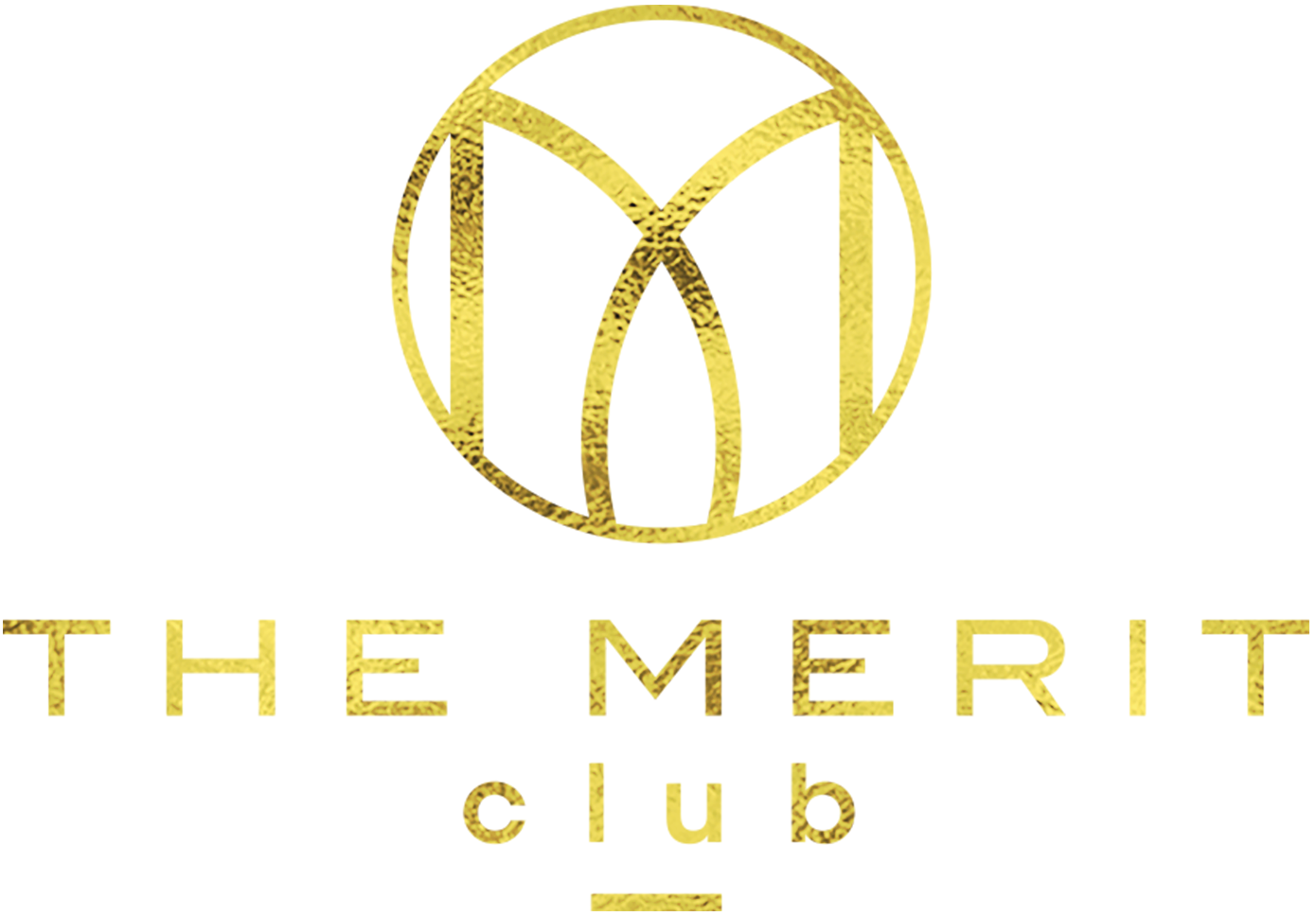Wonder Women: Patty Jenkins
Wonder women can come from all backgrounds, industries, and from all corners of the world. They need to be celebrated and we thought we’d round up a selection of women we can talk about, applaud and be inspired by today.
“A movie about a woman doesn’t make it a ‘woman’ movie … Wonder Woman was about being a hero.”
With special allegiances to a very celebrated Wonder Woman figure, first up on our wonder women list is Patty Jenkins, acclaimed film director and screenwriter, best known for directing Monster (2003) and Wonder Woman (2017). A strong voice for women within the male-dominated film industry, Patty Jenkins has resolutely pushed back against patriarchal boundaries and driven forward the success and respect for female-directed films. For those of you who had the chance to catch Wonder Woman at the cinema, we hope you’ll join us in our praise for it, and for those of you who haven’t, we hope this might persuade you to watch it and start channeling your own sense of Wonder Woman in your approach to life.
A female-led superhero movie with actress Gal Gadot at the helm, it packs a punch, and in more ways than the simply physical. There’s action, and some serious fighting, but it’s from a feminist corner that we’re cheering on our favourite superhero. In the film, Wonder Woman not only picks an intellectual fight against a group of men who are trying to silence her, she fights against bigoted ideals of beauty, fighting against body image stereotypes and fighting against preconceived ideals of pleasure. For a start, the Amazons (the powerful group of women who bring up, teach and care for Wonder Woman, aka Diana Prince, on their all-female island of Themyscira) embody the beauty and strength of women, of all ages. Gal Gadot herself is 32 years old, and the other Amazonian trail-blazers, Robin Wright (51), Connie Nielsen (52), Doutzen Kroes (32), Ann Wolfe (46), to name a few, are all women we’d like in our girl gang: driven, dynamic, strong and championing the power of the older woman above their typically younger Hollywood pinup counterparts. Then, there’s the beautiful irony of Wonder Woman questioning out loud why women should have flat stomachs and why women were expected to wear corsets, made powerful by the fact that Gal Gadot was 5 months pregnant during parts of the filming. This female-lead fights against fitting into a Hollywood starlet image, and flaunts her muscular figure with prowess, control, and a magnificent leg wobble! As Gal Gadot commented in her interview with the New York times, “I think as a feminist, you should be able to wear whatever you like! [...] In any case, there is such a misunderstanding of the concept. Feminism is about equality and choice and freedom. And the writers, Patty and myself all figured that the best way to show that is to show Diana as having no awareness of social roles. She has no gender boundaries. To her, everyone is equal.” With her strength and fluidity - physically, emotionally, sexually and intellectually - Wonder Woman represents this freedom. Yes, there’s no denying Gal Gadot is a “stunning” woman who has ideals of beauty on her side, but her rendering of Wonder Women is far from one-dimensional, and far from a character who we are encouraged to gaze upon as simply a sexual object within Hollywood's restrictive boundaries. She shows off her muscle, she shows off her intellect, and she asserts that women don’t need to serve men or need men for pleasure; all the while, demonstrating that we can have all this and an emotional side at the same time. There’s room for love.
“And it’s all her heart—that’s her strength. I think women are amazing for being able to show what they feel. I admire women who do. I think it’s a mistake when women cover their emotions to look tough. I say let’s own who we are and use it as a strength. ”
On top of this, Wonder Woman was the first film directed by a woman to make more than $100 million in the US in its opening weekend and $122 million internationally. In the face of this success, Patty recognises, however, the uphill struggle women in the film industry are facing. In her interview for Time, she reflects on this lack of women filmmakers and looks forward to the day when women can just be filmmakers making films, without the criticism, remarks and conversation that comes with this. In rebuttal of the question “What did you do with your first big paycheck”, she pointedly remarks, “I've yet to have one. One day. I'll tell you when that day comes.” (Patty Jenkins, Time, 15th June 2017) It’s not just box office takings that need to be smashed, its ingrained attitudes, and a rigid film-making structure that needs to be broken down. Change has to have a starting point, and its figures like Patty Jenkins who are taking the complex systems on, and shifting our perspective on who can be a hero in society today… be them female, male or Amazonian warrior.
Words by Lottie Franklin





